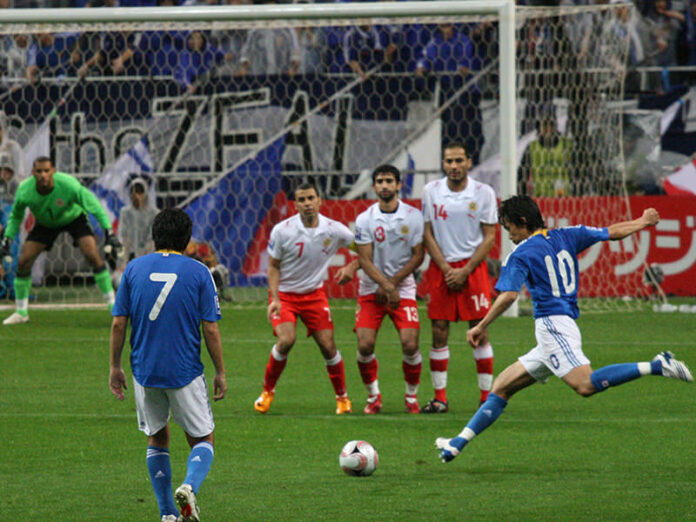Ericsson announced it will work with Epiroc to bring 5G connectivity to mines around the world. Operators, take note.
Swedish corporation Epiroc operates in 150 countries, in mining, infrastructure and natural resources industries, providing equipment and services. This partnership is born out of those industries’ efforts to digitise and automate their operations, which demand fast, reliable connectivity. From Ericsson’s point of view, it is widening its market and reducing reliance on operators. Nokia set up a division to do just that last November. This could be a tipping point.
In December, Gartner published a survey that found enterprises need 5G more quickly than operators can provide it, because many initially see 5G as a way to extend broadband capacity and coverage, with network slicing a more distant prospect. This could be a big mistake as equipment vendors (and others) are ready and willing to step into the breach.
What do you think?
Some operators might have sensed the danger, for example, in May Professor Andy Sutton, Principal Network Architect at BT, described the company’s 5G deployment priorities as outlined above. By November, BT announced will be using network slicing commercially to broadcast sport in 2019 because, as Jamie Hindhaugh, COO at BT Sport, said, “Next season [5G will] enable BT Sport to…cover more live matches from more leagues and competitions, and to bring fans highlights action closer to the final whistle”.
What do you think? Take our annual survey into the most important trends and tech, in which 5G features heavily, along with AI and virtualisation. We’ll publish our research results in February – just in time to arm you for MWC.



